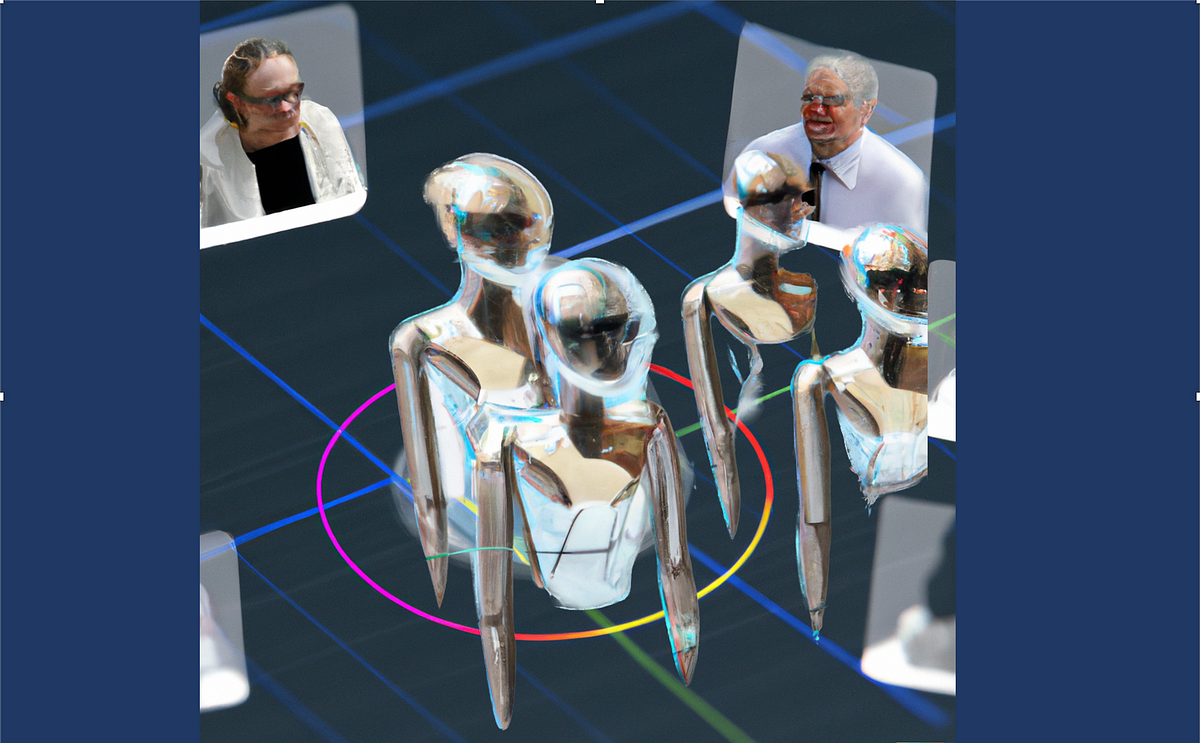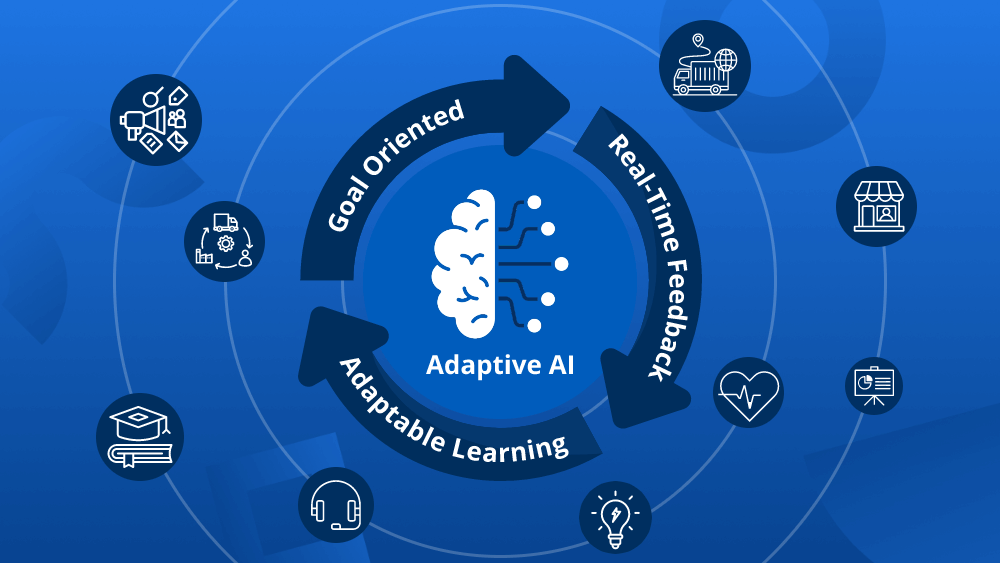The trend of employing large language models (LLMs) for code generation is rapidly gaining momentum in software development. However, the lack of robust mechanisms for validating the accuracy of the generated code may result in numerous adverse outcomes. The absence of effective methods for ensuring correctness raises significant risks, including but not limited to bugs, security vulnerabilities, and overall software unreliability. Addressing this problem is imperative to counter the potential drawbacks of the growing reliance on LLMs for generating code.
Existing LLMs exhibit impressive capabilities, including code synthesis from natural language. This proficiency has the potential to boost programmer productivity significantly. Despite these advancements, a crucial challenge emerges—the lack of a reliable means to ensure the correctness of AI-generated code. Current practices, exemplified by Github Copilot, involve human oversight but limit scalability. Recent studies underscore the risks and limitations of AI as a code assistant.
Researchers from Stanford University and VMware Research have proposed the Clover paradigm, which is short for Closed-Loop Verifiable Code Generation, which introduces a two-phase approach: generation and verification. Generative AI creates code, formal specifications, and docstrings in the generation phase. The verification phase employs consistency checks on these components. The hypothesis is that passing checks ensures functional correctness, accurate documentation, and internal consistency. This approach enables the use of powerful generative AI in code creation while applying a rigorous filter in the verification phase, ensuring only formally verified, well-documented, and internally consistent code is approved.
Using deductive verification tools, the colver paradigm ensures code adheres to annotations. Reconstruction testing, employing Large Language Models (LLMs), verifies consistency between annotations, docstrings, and code. For instance, LLMs generate new components for equivalence testing. Clover aims for fully automatic, scalable, and formally verified code generation, with the evaluation demonstrating promising results in code, annotation, and docstring consistency. The proposed method includes detailed algorithms and checks, leveraging formal tools and LLMs.
The evaluation of the Clover consistency checking algorithm, implemented with GPT-4 and Dafny, demonstrates promising results. In the verification phase, the method accepts 87% of correct examples while rejecting all incorrect ones. The generation phase, testing GPT-4’s ability to produce code, annotations, and docstrings, shows feasibility with correct code generation ranging from 53% to 87%, depending on feedback. Challenges include occasional invalid Dafny syntax in generated artifacts. Overall, Clover presents a novel approach to fully automatic, scalable, and formally verified code generation.
To conclude, the researchers have introduced Clover, a closed-loop verifiable code generation framework. Preliminary tests leveraging GPT-4 and Dafny on basic textbook instances reveal promise, achieving an 87% accuracy for correct cases and a faultless 100% rejection rate for errors. Future endeavors encompass refining verification tools, augmenting LLM capabilities for code generation, and addressing more intricate coding challenges.
Check out the Paper and Github. All credit for this research goes to the researchers of this project. Also, don’t forget to follow us on Twitter. Join our 36k+ ML SubReddit, 41k+ Facebook Community, Discord Channel, and LinkedIn Group.
If you like our work, you will love our newsletter..
Don’t Forget to join our Telegram Channel


